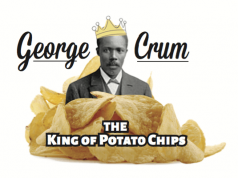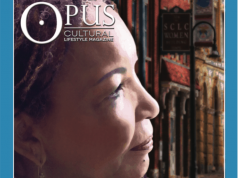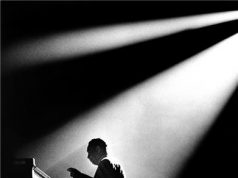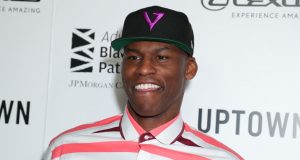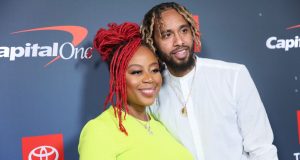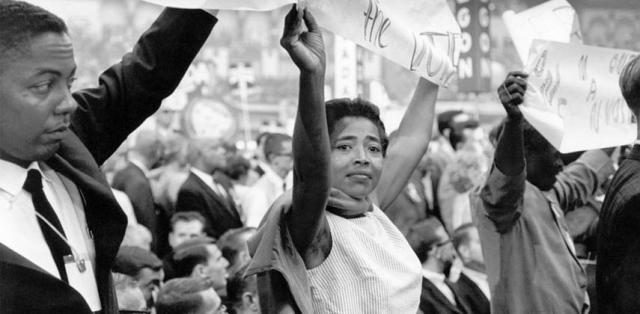
“I most sincerely doubt if any other race of women, could have brought it’s finest up through such a devilish fire…I have known the women of many lands and nations,— I have known, seen and lived beside them, but none have I known so sweetly feminine, more unswervingly loyal, more desperately earnest, and more instinctively pure in soul and in body than the daughters of my black mothers.”
-W.E.B Du Bois

 African-American women have a rich heritage of independence, intelligence and leadership dating back to the times of slavery. And, in spite of great danger, black women have historically taken leading roles in the struggle for freedom and justice. They were the women of the civil rights movement. They worked tirelessly, demanding social revolution—but history has often overlooked this crowded rooster. Women who in fact, spearheaded the movement. However, once their efforts began to bear fruit, the prominent men of the era took center stage.
African-American women have a rich heritage of independence, intelligence and leadership dating back to the times of slavery. And, in spite of great danger, black women have historically taken leading roles in the struggle for freedom and justice. They were the women of the civil rights movement. They worked tirelessly, demanding social revolution—but history has often overlooked this crowded rooster. Women who in fact, spearheaded the movement. However, once their efforts began to bear fruit, the prominent men of the era took center stage.
It was the women who called for and organized the bus boycott. The women who arranged car pools and sold cakes and pies to raise money for alternate transportation. It was tens of thousands of the women who participated in the March on Washington on August 28, 1963. But none of the female civil rights leaders marched in the procession with Dr. King, nor were any of them invited to speak to the enormous crowd. Instead, these women were asked to march on an adjacent street with the wives of the male leaders and to stay in the background. “In some ways it reflects the realities of the 1950s: There were relatively few women in public leadership roles,” recalls civil rights icon Julian Bond. And yet, that doesn’t excuse the way some women have just been written out of history. While, the wives of the movement’s prominent male leaders, including Coretta Scott King, Betty Shabazz and Myrlie Evers Williams, were among the most visible women in the struggle.
doesn’t excuse the way some women have just been written out of history. While, the wives of the movement’s prominent male leaders, including Coretta Scott King, Betty Shabazz and Myrlie Evers Williams, were among the most visible women in the struggle.
It’s worth taking a moment to revisit some of the most visceral moments in the movement—you’ll learn more of Septima Clark, Dorothy Height, Diane Nash, Amelia Boynton, Daisy Bates, Fannie Lou Hamer, Ann Robinson and Ella Baker just to name a significant few–the point being, women and girls were everywhere singing songs of freedom through the fire.
Let us never forget to sing back.



